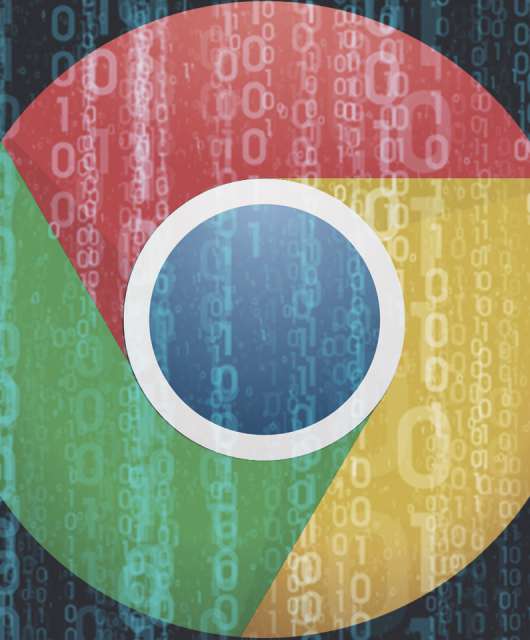 It’s been two weeks since we held Panda’s 3rd Security Blogger Summit in Madrid, and finally I find the time to offer my personal view on the topics discussed at the event.
It’s been two weeks since we held Panda’s 3rd Security Blogger Summit in Madrid, and finally I find the time to offer my personal view on the topics discussed at the event.
The Summit, attended by more than 300 people, was a complete success as well as a fantastic opportunity to bring together some important figures in the security field and share opinions while enjoying a coffee.
The panel was made up of 5 renowned experts in the Internet world: Enrique Dans, Chema Alonso, Rubén Santamarta, Elinor Mills and Bob McMillan, who enlightened us with their insight on two of the hottest issues in today’s security scenario: cyber-activism and cyber-war.
Here are some highlights of the first part of the debate, which started with our moderator Josu Franco sharing Wikipedia’s definition of cyber-activism. Enrique Dans explained that “There is no way to stop a phenomenon like WikiLeaks. In the future, anybody will be able to disclose relevant information from a website, as contaminated as this might be”, whereas McMillan further emphasized the importance of a site like WikiLeaks by saying, “WikiLeaks is as important as The New York Times. It has helped those who wanted to expose sensible information, and to think of changing the legislation in the wake of a denial of service attack like those in the ‘Operation Avenge Assange’ is very difficult, even though these examples of cyber-activism may seem legitimate to you.”
According to Chema Alonso, “Technical evolution has changed the way people express themselves and now it is no longer necessary to gather three million people to attract attention”, while Ruben Santamarta added that “Cyber-activism was born from the global situation we live in.” Finally, Elinor Mills pointed out that “People have replaced neighbor meetings with Internet-based tools.”
In my opinion, cyber-activism is a reality and is here to stay. What raises doubts is to what extent it may result in clear damage to the Internet services offered by some of the institutions or companies under attack. Here is where legislation should come in. Obviously, I am not talking about denying people’s right to express themselves and protest against causes they disagree with. Everybody should be able to do it just as they do it in the ‘real’ world. Just as real-life demonstrations are subject to some limits and regulations to stop protests from causing serious damage, the same should happen in the digital world. Regulations should be in place to eliminate the destructive effects of cyber-protests, without suppressing people’s right to speak freely without censorship or limitation.
am afraid that we are still very far from seeing law enforcement agencies and international governments agree on the best way to regulate this phenomenon. The Internet is an open platform by nature and it is precisely this that makes it so difficult to control. We have already seen how countries like China, Cuba or Egypt during the recent revolts not only block website content, but also monitor the Internet access of individuals. All governments, even democratic ones, seem to be concerned about the Internet’s power to offer people free access to information, and we are likely to see clear attempts to restrict it. There is even talk of so-called ‘Internet access passports’.
The WikiLeaks phenomenon actually goes beyond Internet freedom, it is about freedom in general. I don’t recall them trying to shut down The Washington Post in the aftermath of the Watergate scandal. And even if they had managed to do so, other media would have emerged to take its place and continue to make the truth known. The same happens with WikiLeaks. Is there any sense in trying to gag free speech?




1 comment